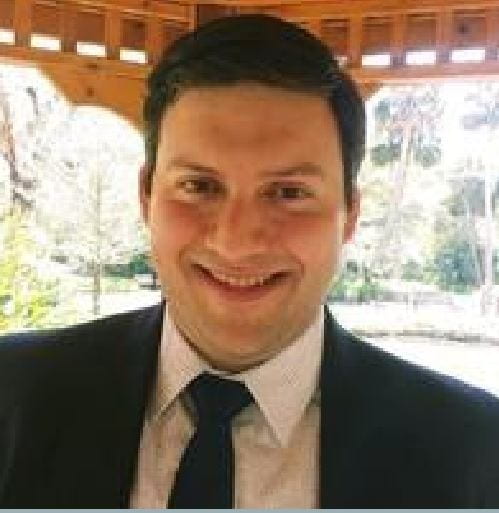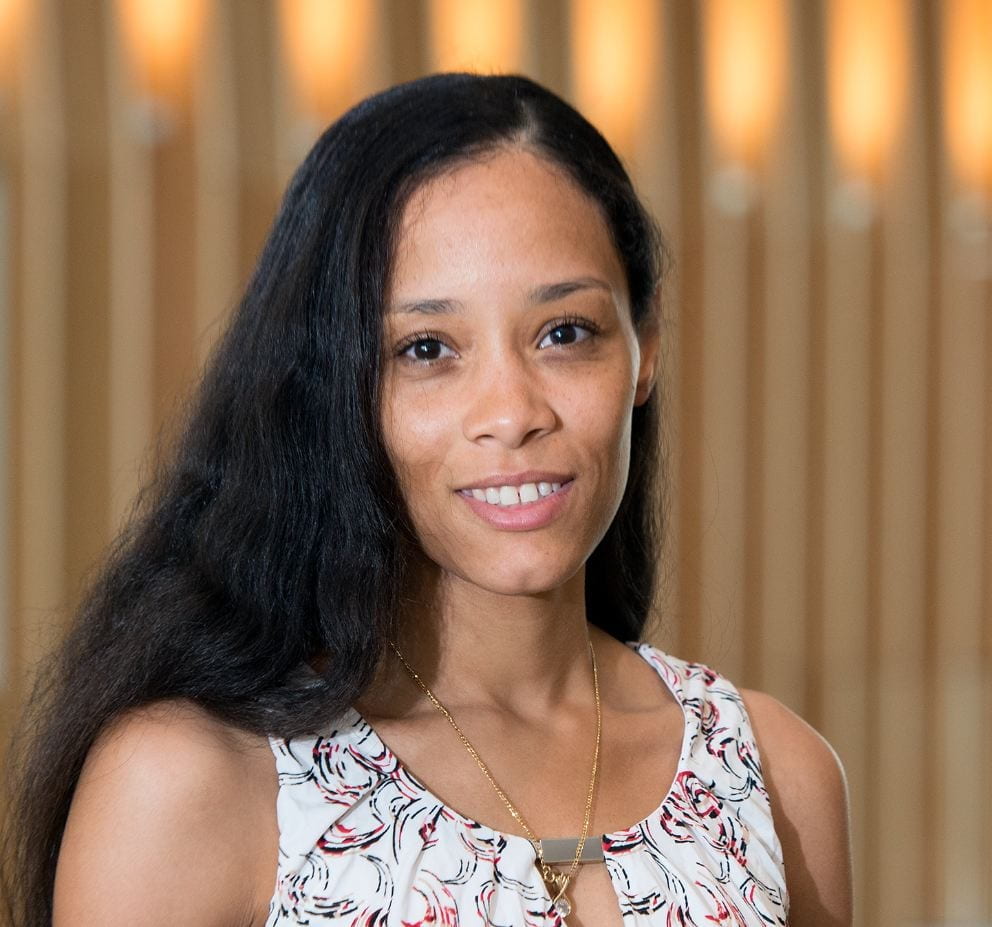A Journey In Public Health: Recommendations for Future Public Health Practitioners-Special Topics Lecture- February 27th

In his lecture, Jason Geslois—an applied epidemiologist at the Northeast Texas Public Health District—talked about his journey as he became a public health practitioner. He introduced Masters of Public Health students at Cornell University to some of the different disciplines within the field of epidemiology.
Geslois talked about the importance of building positive and collaborative relationships among stakeholders to influence public health outcomes. His work at the non-profit organization Giving Back In Action (GBIA) led to successful fund-raising campaigns to help individuals in underserved communities. He later described a particular experience in Ghana, Africa, in which he was deeply involved in fundraising for a girl who had been found nearly dead due to starvation. Geslois explained the villagers didn’t know how to approach the situation with an individual in such a state of deterioration. “Today, this little girl has overcome quite a lot,” said Geslois; “she’s in school, has friends, and has been able to live a normal life.1 Experiences like this, that allow you to impact individual lives, sparked my interests in a career in public health.”1
Geslois’s previous interactions ultimately led him to develop a professional career as an epidemiologist at the Northeast Texas Public Health District. By way of background, the Centers for Disease Control and Prevention (CDC) defines epidemiology as the method used “to find causes of health outcomes and disease in populations.”2 Professionals seeking careers in the field of epidemiology may work at the local, state, or federal levels.2 When disease threats emerge, epidemiologists are present to investigate outbreaks and disasters.1 According to Geslois, there are several different types of epidemiologists that focus on different areas within the same field. Academic Research Epidemiologists generally focus on uncovering “underlying etiologic factors” that may be causing disease pathogenesis.1 Individuals specializing in this sub-field of epidemiology typically work in university or other academic settings.1 Geslois further commented that Applied Epidemiologists focus on investigating the distribution of disease and risk factors within a particular jurisdiction, and work in local, regional, and national level health departments.1 “One of the things that we do as applied epidemiologists,” Geslois said, “is make recommendations on public health response, advice policymakers, schools, and other departments.”1 In contrast to the previous sub-fields of epidemiology, Clinical Trials Epidemiologists work in pharmaceutical companies or large health care organizations toward development of drugs, medical procedures and devices.1 Individuals within this sub-field engage in quality control, reliability, and validity research studies to ensure the long-term safety of drugs and medical devices before they are made available to the public.1 Infection Control Epidemiologists “focus on healthcare associated infections,” mainly dealing with antibiotic resistance, sterilization, post-operative infections, and hospital surveillance.1 Perhaps a more appealing sub-field described by Geslois is Field Epidemiology. Geslois stated this sub-field tends to attract the most students due to the possibility of working at the CDC, consulting organizations, and Non-governmental organizations (NGOs).1 Individuals working in this sub-field often respond to disease outbreaks in harsh conditions, such as in the cases of an Ebola outbreak.1
Geslois concluded his talk providing students with a final thought and advice. Students were encouraged to use a “systems thinking” approach when solving epidemiological and/or public health issues.1 This was valuable advice as we prepare to enter the work place as public health practitioners because this approach provides a framework for identifying the causes of complex problems and approaching a solution.
By Antara Finney Stable

